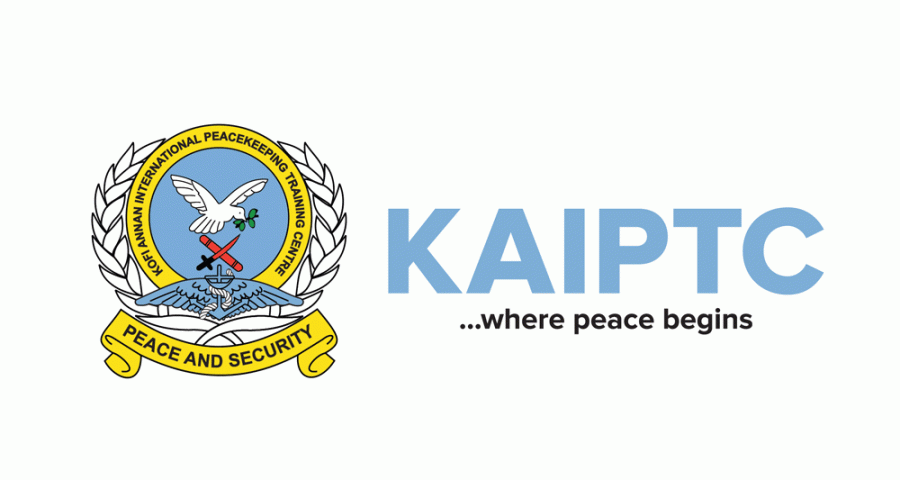Courting conflict? : justice, peace and the ICC in Africa / edited by Nicholas Waddell and Phil Clark.
Material type: TextPublication details: London : Royal African Society, 2008.Description: 80 p. ; 24 cm; Published March 2008Content type:
TextPublication details: London : Royal African Society, 2008.Description: 80 p. ; 24 cm; Published March 2008Content type: - text
- unmediated
- volume
- 9780955862205
- 0955862205
- KZ6314 .C83
| Item type | Current library | Call number | Copy number | Status | Date due | Barcode | |
|---|---|---|---|---|---|---|---|
 Books
Books
|
KAIPTC General Stacks | KZ6314 .C83 (Browse shelf(Opens below)) | 1 | Available | 31307100092107 |
Includes bibliographical references.
Justice in conflict? The ICC and peace processes / Nick Grono and Adam O'Brien -- Justice at Juba: international obligations and local demands in northern Uganda / Marieke Wierda and Michael Otim -- Darfur, the court and Khartoum: the politics of state non-cooperation / Alex de Waal -- Law, politics and pragmatism: the ICC and case selection in Uganda and the Democratic Republic of Congo / Phil Clark -- Ritual (ab)use? Problems with traditional justice in northern Uganda / Tim Allen -- Global catalyst for national prosecutions? The ICC in the Democratic Republic of Congo / Geraldine Mattioli and Anneke van Woudenberg -- The International Criminal Court and its relevance to affected communities / Mariana Goetz -- One among many: the ICC as a tool of justice during transition / Graeme Simpson.
The International Criminal Court's operations in Africa have encountered significant difficulties. While the work of the Court has taken concrete shape, so have its challenges. The title of this collection, Courting Conflict?, alludes to the inherent problems of pursuing justice in the midst of violence. It also points to the tremendous controversy generated by the ICC's work to date, not least the charge leveled at the Court that its actions risk prolonging conflict by jeopardizing peace deals. This collection investigates the politics of the ICC's interventions in Africa. Rather than exploring the progress of the ICC per se, the essays address Africa's encounters with the Court and the Court's encounters with Africa. The authors avoid treating African countries simply as a geographical arena for a new international justice body. They also resist discussing the ICC in legal terms only. Instead, the essays situate debates about the Court in specific social, cultural and political contexts where contending local, national and international pressures apply. The contributors address the ICC's relationships with the governments, non-state groups, national judiciaries and local populations of the countries where it is active. Coverage of the ICC has often belied the complexity of these relationships and has either romanticized or demonized the Court's interventions. These essays take the form of short comment pieces, written to stir and broaden debate on the ICC but also to help move it beyond the sensational and oversimplified.
There are no comments on this title.
